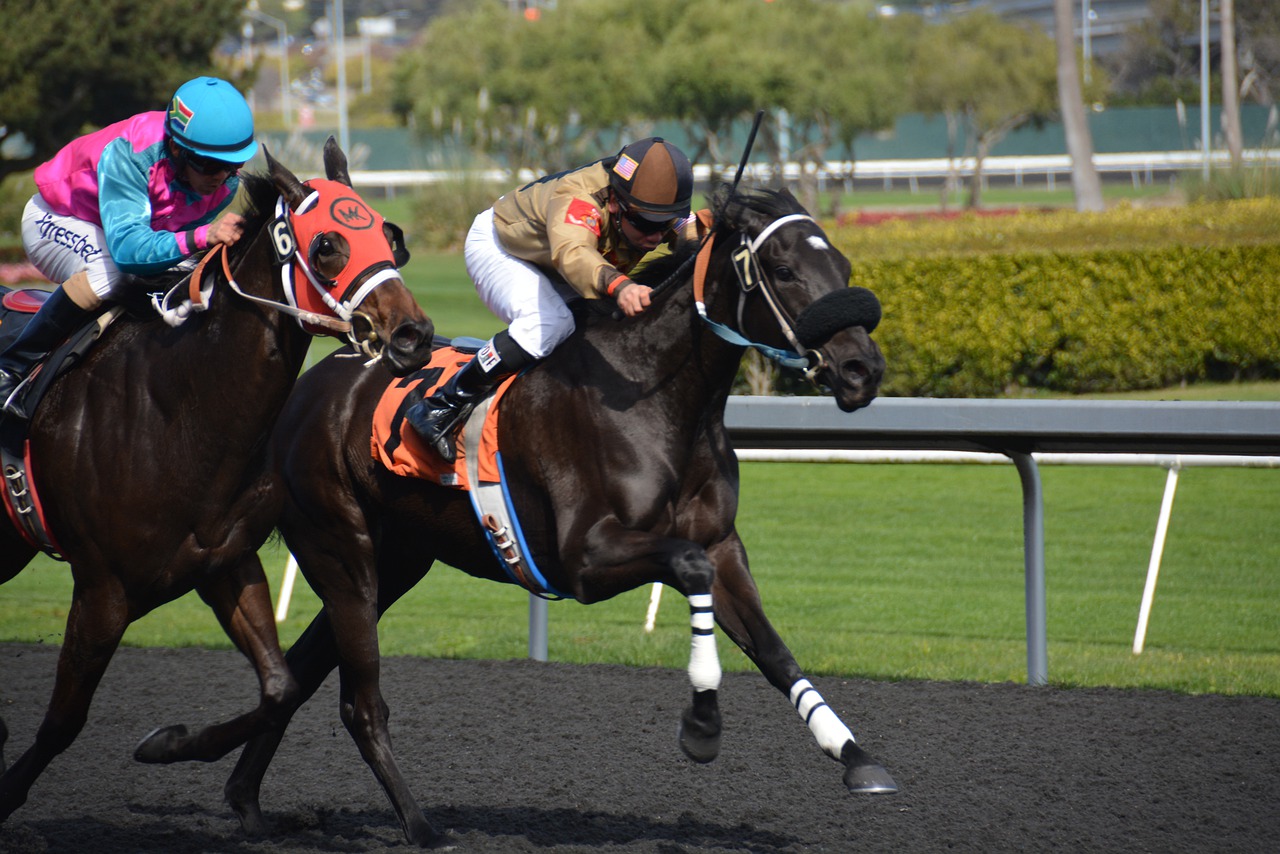In 2013, around 1.83 million Germans between the ages of 14 and 69 took part in games of chance – either through sports betting or the well-known lottery system. Luck decides whether they win or lose – and it is precisely this unknown quantity that makes it so exciting for people to bet and to give themselves up to chance. In sports betting, however, in addition to luck, experience is also relied on – after all, the teams that someone is betting on are mostly known and can be assessed by their strength in relation to their opponents. How far sports betting has established itself in society can be shown with the help of a small digression into history: The bet has its origins in antiquity and is still popular today. 우리카지노 is a great place to go if you want to play casino games without having to gamble on sports.

The history of sports betting
In order to understand where the allure of betting comes from and why this form of gambling is so widespread and partially recognized in today’s society, it is important to know its history. When looking at these, it becomes clear that bets had a more positive image from the start than games of chance using cards or dice; these were initially reserved for certain population groups, such as soldiers or the nobility. Anyone could take part in betting so that the entire population was included.
Gambling in ancient times
In ancient times, the ancient Greeks bet on the outcome of the competitions in the forerunners of today’s Olympia. This competitive fever continued until the heyday of the Roman Empire. The focus here was on the gladiators, who had to assert themselves in mostly unfair competitions. The film “Gladiator” and the series “Spartacus” address this – even if historical correctness is not always given. This already begins with the sign of the thumb: According to historians, a stretched thumb does not mean “life” but “death”. The game of chance, on the other hand, is historically proven; Even then, people dreamed of getting rich with a lucky tip. This desire survived the various epochs up to the present day.
The start of horse racing in England
In the 19th century, betting reappeared – in England. The Ascot horse race is internationally known; every major city of the country went to this royal race. In order to get other entertainment besides the political talks and freshening up friendships, individual horses were used. Sometimes it was not necessary to predict the victory, but only the position in which the animal would gallop to the finish. The betting stakes partially financed the Nobel race as well as smaller events; without this, it would not have been possible to carry out the known size in some years. It is also important that the players placed their bets with a bookmaker – they did not bet directly against each other.
The development of sports betting in Germany
The horse races in England were a start, but there were still no official bets in Germany. In 1865 a procedure was introduced from France; In this, the gamblers bet against each other, there was no bookmaker. It was banned in 1881, but the first horse racing bookmaker licenses were not issued until 1922. Since that date, however, the business has flourished. Organized football betting has existed since 1948; the private betting providers came to Germany with the Internet and the fall of the Berlin Wall. Their turnover increases steadily every year, the number of people with an affinity for betting is also increasing, as the above statistics show.
The popularity of sports betting
The statistics mentioned at the beginning show that bets are popular. The chance of big money is within reach, as long as the right tip is placed – in this case, betting is not only fun but also analysis and therefore work. Before a tip is placed, it should be clear to the gambler whether he wants to bet online or offline, how the individual variants work, and what exactly the odds actually say. These various regulations show that betting is no longer in the early stages: it has established itself in society and the rules created a basis through which it can influence society and the economy.
Economic importance
Sports betting seems to be primarily a pastime – but it is not. A bookmaker has to do business in order on the one hand to make a profit and on the other hand not to lose its gamblers through excessively high margins. In addition, professional sport is seen as an independent economic sector – sports betting has joined it and is therefore increasing its importance in economic terms. This is particularly important for the state, as taxes can be levied on winnings from sports betting.

